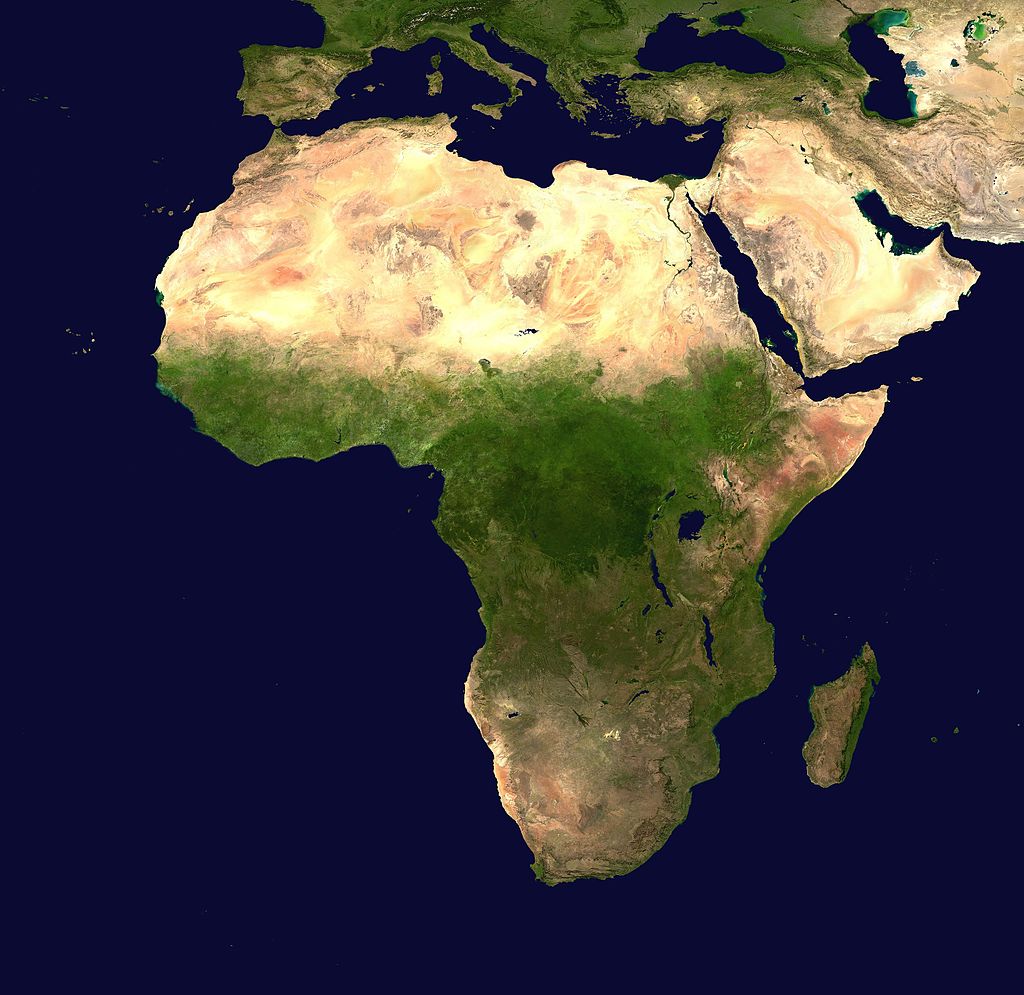
A report published by the International Energy Agency (IEA) has found that current policy and investment plans in the continent are not sufficient to meet the energy needs of its quickly growing population.
According to the report Africa Energy Outlook 2019, currently 600 million people in Africa do not have access to electricity and 900 million lack clean cooking facilities.

Discover B2B Marketing That Performs
Combine business intelligence and editorial excellence to reach engaged professionals across 36 leading media platforms.
As the number of people living in cities is expected to expand by 600 million over the next two decades, the energy sectors have to do more to meet the population’s demand. Africa is currently investing up to $9.2bn a year in energy access, but will need to increase this to up to $44bn.
Based on the continent’s population growth, energy demand is projected to rise by 60% to around 1,320 million tonnes of oil equivalent in 2040, based on current policies and plans. Also, as 92% of Africa’s needs are met through fossil fuels, the continent has to focus on exploration of its renewable resources.
According to the report, despite the existing lack of sufficient power, Africa has the potential to become influential in shaping global energy trends over the next two decades. It is estimated that with more efficient policies, it could reach its target while also becoming the first to develop its economy mainly through the use of modern energy sources.
Providing that policy makers emphasise on clean energy technologies, solar PV could become the continent’s largest electricity source in terms of installed capacity by 2040.

US Tariffs are shifting - will you react or anticipate?
Don’t let policy changes catch you off guard. Stay proactive with real-time data and expert analysis.
By GlobalDataIEA’s executive director Dr Fatih Birol said: “Africa has a unique opportunity to pursue a much less carbon-intensive development path than many other parts of the world.
“To achieve this, it has to take advantage of the huge potential that solar, wind, hydropower, natural gas and energy efficiency offer. For example, Africa has the richest solar resources on the planet but has so far installed only 5 GW of solar PV, which is less than 1% of global capacity,” he added.
In terms of sunshine use, according to a Solarize Africa market report the continent’s concentrated solar power (CSP) has reached 975 MW in 2018, which is approximately one fifth of the total capacity installed in the world.
In the past decades Africa’s rate of oil and gas discoveries has surpassed the global average including its large proportion of large LNG projects in Mozambique. However, not many of these developments have received approvals and according to current plans, there will be 530 million people on the continent still without access to electricity in 2030.
Birol concluded “Despite a shift to modern and more efficient energy sources over this period, the continent’s current policy settings aren’t enough to put it on track to meet its development needs and provide reliable and modern energy services for all.”





